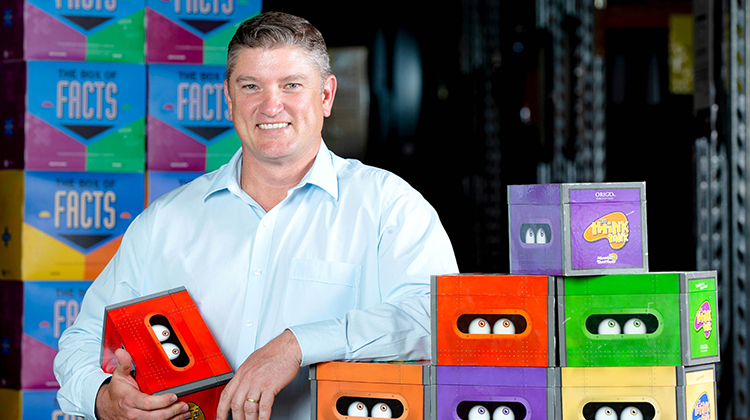The Australian Mathematics Curriculum: Where did we go wrong? Where can we go right?

This past month ACARA began its review of the Australian Curriculum: Mathematics to "refine, realign and declutter" the content. This was most likely due to Australia's poor showing on recent international tests in mathematics. The original standards were written with the intention of addressing the "inch deep and mile wide" curricula that each state had at that time.
It’s aim was to provide greater focus to key content in the years where it mattered most, while also freeing up teachers' time to address that refocus by removing the less essential content. Unfortunately, they missed the mark. Although ACARA affirms that the current standards are "consistent with some of the best curricula internationally," we are still using valuable teaching hours in the early grades to address less relevant topics such as probability. Incidentally, our economic peers in Singapore, Finland, and the USA all omitted probability from the early years of their primary curricula long ago.
I recently took the time to review Singapore's primary mathematics syllabus, as it is the first of four curricula that ACARA has benchmarked the Australian mathematics curriculum against (see the link to the review on the ACARA homepage). I also chose Singapore from the list as it is an English-speaking country that consistently ranks Number 1 or 2 on the TIMMS or PISA international tests. As such, I believe there is no better curriculum to benchmark against.
With considerable research (Siegler, 2012, 2015, 2016) showing that success in high school mathematics is closely correlated with student's confidence with common fractions, I started with a high-level review of how the Singapore curriculum addresses this content compared to ACARA. The next step will be to analyse the details.
Notably, the Australian standards in mathematics have exactly 12 briefly worded standards across Foundation to Year 6 that are specifically written to address common fractions. In contrast, Singapore provides 28 highly detailed standards, specific to common fractions. Furthermore, it is not just the number of standards that give common fractions the focus it deserves. The Singapore Ministry of Education uses no fewer than 880 words to elaborate on their standards for teachers, serving to remove the uncertainties of what to teach. By comparison, ACARA uses only 360 words.
I have a Masters in Mathematics Education. I founded ORIGO Education, which has become Australia's biggest mathematics education company, and in doing so, I have lived and breathed primary mathematics for almost 30 years. In that time, I have contributed to over 300 resources for teachers and students, including several mathematics programs that align with different curricula from around the world. Therefore, I feel uniquely positioned to assert that, if I need more details to know how to address particular standards, then teachers will also. And Australia's current mathematics standards are the vaguest I have seen.
In short, our current primary standards on common fractions are scant and lack the real "meat" that truly assists teachers in knowing what they must do. I can only hope that ACARA truly declutters and realigns the content to give a greater focus on common fractions in the primary years (F-6). Essentially, more needs to be done, and it needs to be done much earlier than it is currently.
I will be hosting five free 30-minute webinars each week on developing the concepts and skills of common fractions starting on the 12th of August at 3:30 pm. To register your attendance, please click the link below and follow the instructions:
https://www.origoeducation.com.au/fractions-pl/
James Burnett
Hi, I’m James Burnett. I am an educator, author, publisher and father of three. I have been in mathematics education for more 25 years, and I am passionate about helping primary school children enjoy and better understand maths through the work that I do as the founder and Executive Chairperson of ORIGO Education. My team and I have created ORIGO at Home to help during the COVID-19 pandemic. We have created weekly, digital content plans for home use. The weekly plans contain activities for each day, along with digitally accessible or downloadable resources, designed for delivery by a caregiver, tutor or remote teacher. These resources complement the mathematical concepts and skills your students are learning at their year level. We have also created ORIGO One videos to support tutors in creating light bulb moments for their students.